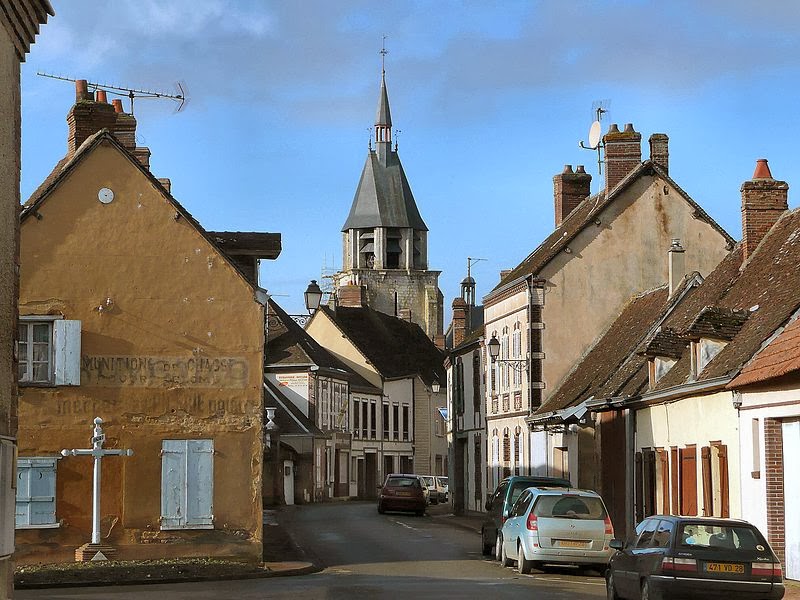"Everything, All At Once, Forever" by Michael Wehunt
One of the best things about reading short stories is that they're (duh) short. This one was just four pages long (on my computer screen anyway) and very well-written. Very emotionally-draining and depressing, too,
but don't let that sway you from reading it for free, here. (Read it; it took just five minutes, if that.) So the cool thing about this story, besides the story itself--which I'm told is strongly based on an episode of
The Twilight Zone from the 80s--is that it was nominated for a prestigious Pushcart Prize. These prizes are usually given to stories from established writers of mainstream or literary fiction, so for a "literary horror" story to be nominated is quite an achievement. If you get the chance,
go to Wehunt's website here, and look at all of the short stories he's had published in 2013, and earlier. I won't lie; made me more than a little jealous, especially since he was published in magazines that have
rejected politely declined some of my stuff. And for the record, I don't know the guy at all--not on Goodreads, or LinkedIn, or anything. I just liked his story, and am glad that a genre writer got nominated for a Pushcart. Now if he wins...
"The Emperor of Ice-Cream" by Wallace Stevens
A very short poem of just 16 lines (two stanzas of 8 lines), and world-famous, I thought I'd give it a shot again, because the last line (the title) of the two stanzas always confused me. ("The only emperor is the emperor of ice-cream.") But I'd forgotten why I was confused, and maybe now that I'm old, and not a confused English major of 20 or 21, and I had a vague memory of the poem being about how temporary life is, I figured I'd get it this time. Which I did. Or, I think I did.
Here it is, if you'd like to see for yourself. And, it's okay if you don't get part of it. Try to resist reading online about what the poem means. Such things are often correct, yet still written by stuffy or boring professorial-sounding people who take the life out of all things great. I'd rather you not get a little of it, but like it for reasons of your own, then get all of it, but be turned off from poems because of the elitist-voiced explanations. (I'm reminded of the teacher who fired Robin Williams in
Dead Poet's Society, standing in front of the class and saying, "What is poetry?") Exactly the opposite of what Williams' character did, for the same reasons I'm saying here. Reading poetry is like reading Joyce's
Ulysses, or some parts of the Bible: it's the self-revelations learned upon the journey of reading and self-discovery that really matter, not what someone tells you something means--even if they're right.
"Ulysses" by Alfred, Lord Tennyson
This one's a little longer--70 total lines--but written so well that it should be quick reading.
You can read and listen to it here, if you're so inclined. It ends with a line that, I think, Churchill made famous--"To strive, to seek, to find, and not to yield"--as the British were getting bombed by the Germans in WWII. Anyway, it was next in the anthology I was browsing through, and I remember it was a dramatic monologue, which I like because they're quick and easy to read, though a little longer than my preference for poems. (Poe famously said that all good poems are short--and then wrote some really long ones.) I liked this one because it says that just because you're old, that doesn't mean you're done. (The poem is geared towards someone much older than I am, but still.) My favorite lines from it (and I should have them put up on a giant poster somewhere):
How dull it is to make a pause, to make an end,
To rust unburnished, not to shine in use!
...
Death closes all; but something ere the end,
Some work of noble note, may yet be done,...
...Come, my friends,
'Tis not too late to seek a newer world.
Push off, and sitting well in order smite
The sounding furrows; for my purpose holds
To sail beyond the sunset, and the baths
Of all the Western stars, until I die...
(Me again.) That's one thing I never understood about some people: How they can stand being bored. How they maybe don't get bored because maybe they're not interested in much to begin with, so they don't know the comparison. I rarely sleep or remain still, which is not always a good thing, but at least I know that our time here is not infinite, and I don't want to waste a moment not being interested in something. I just don't understand how some people just aren't curious. Why is it okay for some people to do nothing, all the time?
